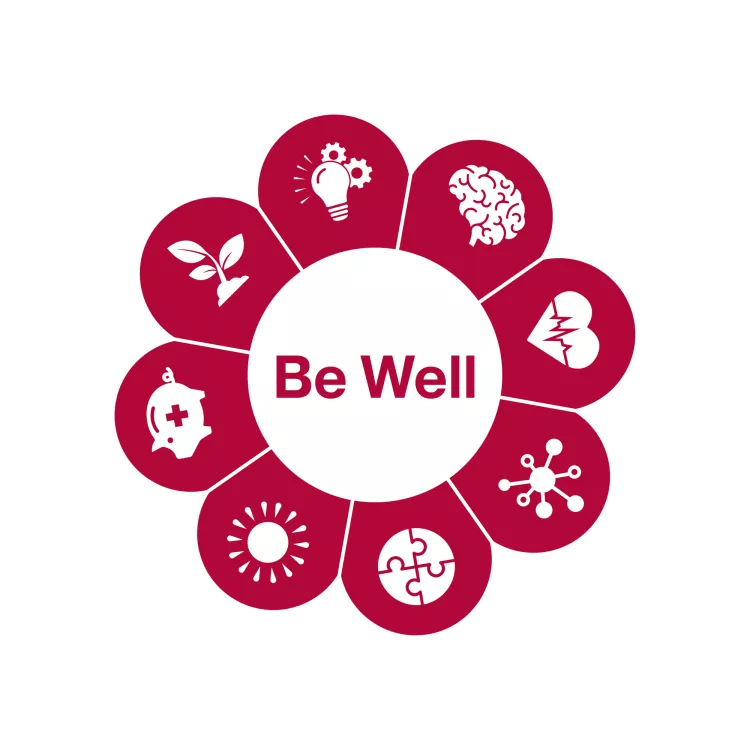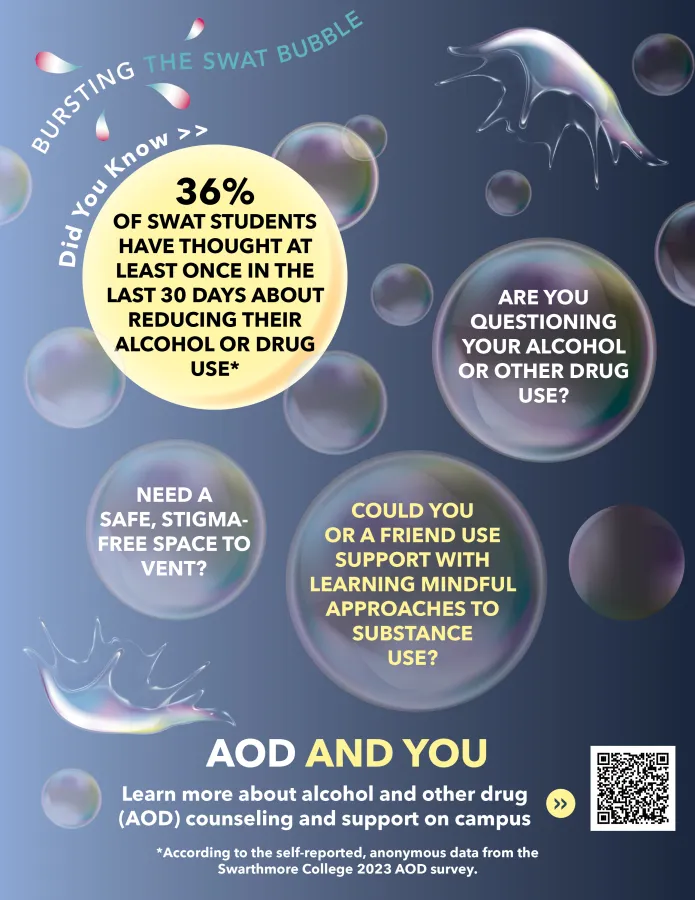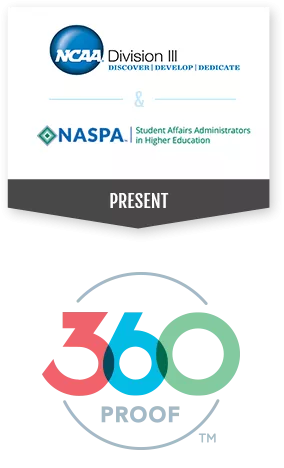- Depressants & Anti-Anxiety-Inducers
Alcohol, Xanax, Klonopin, many anxiety meds, and even low doses of Marijuana are found in this category. These drugs commonly provide a reduction in stress levels, although some people do react conversely and become agitated. Furthermore, Depressants interfere with one’s decision making, memory, and judgment, while having a high potential for abuse or dependence. Many of these drugs provide relief from tension; however, combining two or more CNS depressants can reduce respiratory rates to unsafe levels. Accordingly, if you consume Alcohol and expect to begin a new medication, inform you prescriber and refer to the warning label for possible contraindications.
- Stimulants & Nootropics
Once ingested, stimulants cause feelings of wakefulness, locomotion, and a reduced need for sleep; all while increasing one’s heart-rate. At higher doses, this class of drugs may lead to increased anxiety, heart failure, and even psychotic episodes including hallucinations and paranoia. Common stimulants include Cocaine, Caffeine, Energy Drinks, Adderall, and other “study drugs”. Regarding medical use, always check with your prescriber if unwanted side-effects develop, and keep your prescriptions safe. Click here to learn more about safe storage of medications.
- Opioids
Opioids are commonly viewed as a type of pain killer. These strong drugs are prescribed as Percocet, Vicodin, Oxycontin, and Codeine to name a few. Opioids also include Heroin, Fentanyl, and Carfentanil. These substances bind to Opioid receptors in our head and stomach, which change the perception of pain and mood. Opioids put strain on an individual’s breathing, and should therefore be viewed as a CNS depressant, even when some users feels energetic when using. Opioids are well tolerated by the body from a long-term perspective, but often require larger doses over time to achieve the same effect. This physical change (tolerance) causes mental urges, or cravings, and can lead to dependence. Opioid Dependence is a mental health disorder, as well as a medical diagnosis, due to the immense changes that are beyond an individual’s control. Upon cessation, a person with an Opioid Dependence will have unpleasant experiences of anxiety, flu-like symptoms, and exaggerated sensations of emotional and physical pain. Current research supports the use of medication assisted therapy, counseling, and related supports to overcome challenges with all Opioids.
- Hallucinogens & Psychedelics
Hallucinogens are a special class of drugs because their effects may be unpredictable. Mood, physiology, environment, and even one’s beliefs can greatly influence the experience. Hallucinogens have a long history of ceremonial use across the globe and within spiritual and mental health practices, some of which still occur today. Drugs in this category include LSD, MDMA (“Molly”), DMT, Ketamine, PCP, DXM, and Cannabis at high doses. Please note, that a “pure” or natural hallucinogen does not make is safer. Once ingested, these chemicals disrupt the normal electro-chemical processes within the body. This causes significant changes in perception of self, time, and space. These changes may last between 2-24 hours (and even longer in some cases), and must run their course before the experience ends.
- Cannabis, THC, and THC Analogues
Cannabis is a complex variety of the hemp plant Cannabis Sativa. The consumption of cannabis produces varying changes in one’s biopsychosocial and spiritual experience due the chemical delta-9-tetrahydrocannabinol, also called THC. THC binds to naturally occurring receptors in our body called cannabinoid receptors. Once activated, this drug can act like a stimulant, depressant, or hallucinogen depending on the type and strength of the plant. Specific short-term effects of cannabis include changes in thinking, attitude, and attention, which are effected by individual predispositions. Long-term effects include higher incidence of mental health conditions and possible dependence. Until 2013, Cannabis Dependence did not include a physical component; however, current research now indicates the prolonged consumption of cannabis will cause physical withdrawal in addition to mental obsessions and a drop in IQ. Furthermore, researchers have found that even casual cannabis smokers are displaying abnormalities in areas of the brain related to emotion, motivation, and decision-making. This may be directly related to the strength of today’s cannabis. Recently, legal variants of THC have become available. Labeled as Delta-8, Delta-10, or THC-0, these THC analogues are not well studied or controlled for potency or consistency. Accordingly, it's important to remember . . . Just because something is legal, doesn't mean it's safe or better than an illegal or controlled substance.
Daily Strategies to Promote Your Well-being
The National Alliance on Mental Illness recommends daily strategies for self-care and awareness.
- Space. Create a structured, dedicated work environment, and include regular patterns of self- care
- Routine. Try to maintain a routine that reflects your normal day routine, including structured breaks for lunch and mini-breaks
- Activity. Regular exercise and mindfulness activities, such as Yoga, are key during times of crisis
- Time and Energy Management. Try to structure your daily work as a way to practice time management and practice self-compassion
- Accessibility. Develop ways in which you are accessible to friends, peers, and family
- Face Time and Connectivity. Humans need to feel and be connected whether through electronic platforms or other
- Resources. Map out your important resources, ranging from daily necessities to emergency management
- Support. The National Alliance on Mental Health Illness website provides some possible resources. Know that there is help when needed.
All students, staff, faculty, and campus-connected families are encouraged to prioritize their mental health while adapting to change. If you or someone you care about has a mental health condition or anxiety stemming from the viral pandemic, please consider the following resources from Mental Health America and the Commonwealth of Pennsylvania.
Treatment Options
The following treatment options are a summary of the American Society of Addiction Medicine's levels of care. If you or someone you care about is struggling with a substance-related issue, please consider contacting Swarthmore's Associated Director of Wellness, Assessment, Compliance, and Alcohol and Other Drugs for a personalized review of these options.
- Early Intervention Services
These options are for individuals who may be at risk of developing a substance-related problem. Specific early intervention services could include psycho-educational individual or group engagement, short-term brief interventions, and some forms of counseling.
- Outpatient Services
Outpatient services are capable of assisting persons with mild drug and alcohol problems or even a formal Substance Use Disorders. Behavioral health professionals will usually incorporate a biopsychosocial assessment and determine the approach number of outpatient sessions (per week or per month) to promote overall health and wellness.
- Medically-Managed Outpatient Services
This is a unique consideration when it comes to treatment options. Typically, this level of care is for individuals who have developed a physical dependence to a substance for which an outpatient treatment medication is available. For example, outpatient buprenorphine treatment is available for opioid dependence. This level of care should only be considered following a thorough evaluation from a medical professional.
- Intensive Outpatient and Partial Hospitalization
Like the regular outpatient services, intensive outpatient and partial hospitalization stem from a thorough assessment of an individual's substance use, mental health, treatment readiness, biomedical status, and environmental strengths and challenges. At these level of care however, it is likely to include additional hours per week while having additional capabilities to treat more serious challenges included psychiatric crises.
- Residential and Inpatient Services
At this level of care, patients will generally sleep on-site for additional care and rehabilitation. These services can vary greatly in the number of hours dedicated to counseling or psychiatric stabilization; however, they regularly staff addiction specialists and include the capabilities to treat more serious co-occurring conditions.
- Medically-Managed Services Inpatient Services
This is considered an important level of care for anyone struggling with a serious biomedical or emotional behavioral impairment. This level of care will regularly include 24hour nursing care to offer stabilization and assure safety.
For Parents, Families, and Friends: Identifying a Substance Use Disorder
If you are wondering when experimental use turns problematic, consider the following review of how a Substance Use Disorder is diagnosed.
Substance use disorders, at times referred to as "abuse," "dependence" and "addiction," are diagnosed if certain criteria occur within a 12-month period as defined by the Diagnostic and Statistical Manual of Mental Disorders from the American Psychiatric Association. The criteria include:
1. The substance is often taken in larger amounts or over a longer period than was intended.
2. There is a persistent desire or unsuccessful effort to cut down or control use of the substance.
3. A great deal of time is spent trying to obtain, consume, or recover from the substance.
4. Craving, or a strong desire or urge to use the substance, occurs.
5. Continued use of the substance results in a failure to fulfill major role responsibilities at at school or elsewhere.
6. Use of the substance is contributing to relationship problems.
7. Important social recreational activities are given up or reduced because of use of the substance. This can also relate to employment and hobbies.
8. The substnace use is recurrent in situations in which it is physically hazardous (e.g., driving while intoxicated).
9. Continuing to use the substance despite knowing that it has an impact on physical or psychological problems likely caused by the substance (e.g., drinking with a liver condition or using to relieve mental health distress).
10. Tolerance, which means that the person needs more of a substance to get the desired effect or the same amount no longer produces the desired effect.
11. Withdrawal, such that when the substance is not taken, a person experiences substance-specific withdrawal symptoms.
You’ll note that the DSM does not specify specific amounts that equate to problems (i.e., a six-pack of beer, one gram of cannabis per day, etc.), but rather focuses on a lack of control one develops in many aspects of their life. People who meet six or more of the above criteria is considered severe.”Many people experience substance use problems during their life but are able to stop using. Remember treatment can be effective and change is always possible.
Want to know if your college-bound person is at risk? Complete this 5-6 minute assessment to better understand potential risks relating to wellbeing, family history, and environment.
Campus Resource and Contact Information
Alcohol and Other-Drug Counselor & Educator
Joshua M. Ellow, Ph.D., LSW, CAADC, CCDP-D
jellow1@swarthmore.edu
610-957-6152
Health Center, Room 126
Local and Off-Campus Resources
- Swarthmore-Specific and nearby Alcoholics Anonymous Locator
- Alcoholics Anonymous (Central Office): 215-923-7900
- A.A. Meeting Information: 610-527-9711
- Local Narcotics Anonymous Locator
- Narcotics Anonymous: 610-534-9510
For Confidential Support
- Psychological Services: 610-328-8059
- Worth Health Center: 610-328-8058
- Religious and Spiritual Staff: 610-328-8328
For General Information
- Deans' Office: 610-328-8365
In case of acute intoxication or other emergencies:
- Public Safety: 610-328-8333
(Call 911 if other resources are not available.)
Online Alcohol Assessment Resources
Alcohol Screening.org is a quick and private way to determine if your alcohol consumption could be negatively impacting your health and wellbeing.
The alcohol screen should only take a few minutes, but answer truthfully. Refer to the privacy policy as needed.
Click the image above to begin your alcohol screening now.
The 360PROOF assessment was designed for student athletes; however, it is a great tool for anyone to explore their alcohol use patterns. This unique assessment uses a Personalized Feedback Index (PFI) is to provide you with tailored information about your alcohol use. Please note, your personal data will not be identifiable. The questions usually require about 10 minutes to complete, followed by a summary that is specific to your responses.
Click the "360PROOF" icon above to begin the questionnaire.
AOD LIVE: Latest news, Information, Videos, and Entertainment
Complying with the Drug-Free Schools and Campuses Regulations
In adherence with Part 86 of the Drug-Free Schools and Campuses Regulations, Swarthmore College maintains biennial review of it's alcohol and other drug (AOD) prevention efforts, programming, and policy provisions. A hard copy of this report is stored in the AOD Counselor & Educator's office and an electronic copy is available upon request. To request a copy of this review or to ask questions, please contact jellow1@swarthmore.edu.







